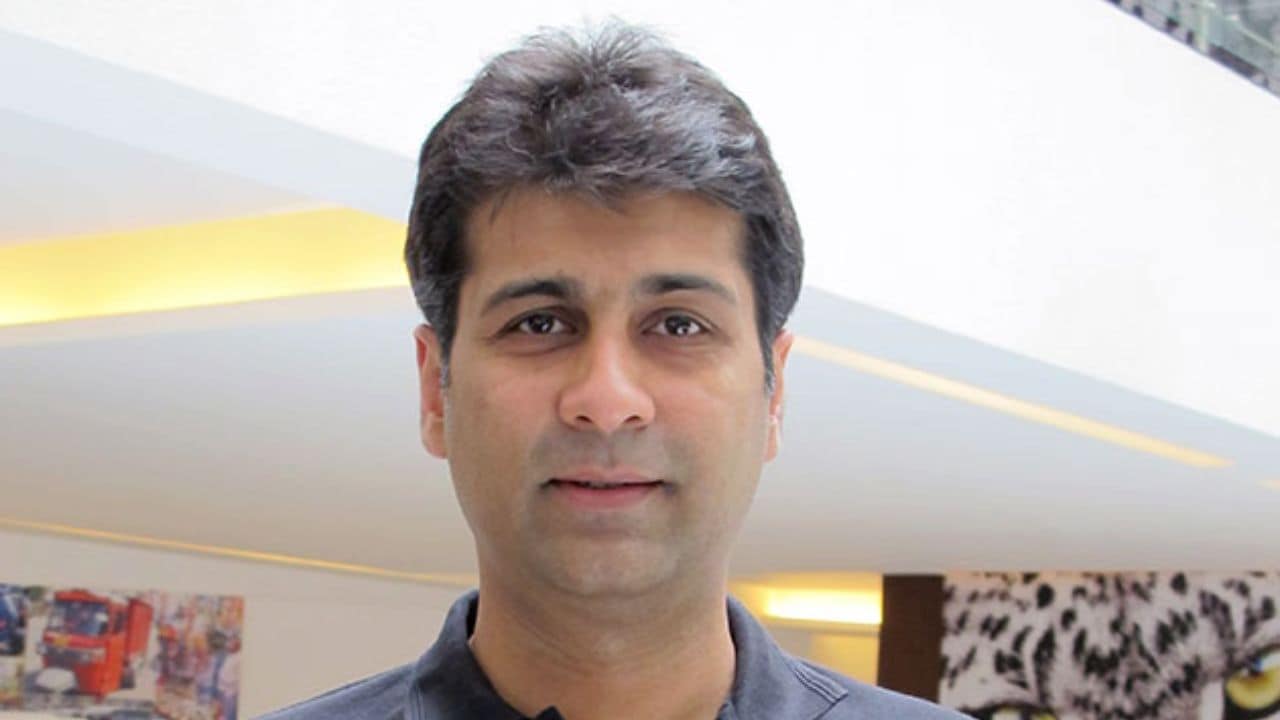In a candid conversation at the CNBC-TV18 Global Leadership Summit 2024, Rajiv Bajaj, Managing Director of Bajaj Auto, laid bare the principles that have guided the company through its 75-year journey—from a humble scooter manufacturer to a global leader in motorcycles and electric vehicles. His central thesis: adaptability is the key to enduring success.
Echoing Charles Darwin’s timeless wisdom, Bajaj pointed out that it is not the strongest or the smartest who survive, but the most adaptable. “To succeed over and over again,” he said, “is the hallmark not of just a winner, but a champion.” This philosophy has underpinned Bajaj Auto’s ability to evolve through multiple transitions. Under Bajaj’s stewardship, the company has weathered significant shifts, including its 2001 pivot to motorcycles with the launch of the Pulsar, its expansion into global markets, and its more recent embrace of electric vehicles (EVs).
The conversation, which covered not only Bajaj Auto’s history but also the broader challenges facing the automobile industry today, was a reflection on how legacy companies can thrive by adapting to disruptive technologies. The automobile industry, he emphasized, is at a critical juncture, especially with the rise of electric vehicles and the disruption caused by AI technologies.
Bajaj’s marketing philosophy was influenced by Al Ries and late Jack Trout, legendary brand and marketing strategist who taught him the importance of differentiation. According to Bajaj, “Give the customer what nobody else apparently can or does give him,” a principle that has guided Bajaj Auto’s success in both domestic and international markets.
Read the excerpt here.
It was the financial year 2000 when what had been a very successful and profitable company lost money on its two-wheeler business for the first time. Fortunately, the three-wheeler business and the spare part business kept us afloat. This was a difficult time. And to put it briefly, if you read the book The Origin of Brands by Al Ries, you will see a lot of information which effectively conveys this, that it doesn’t matter whether you are in software, motorcycles or any other business, 90 to 95% of all new businesses, new products and services fail. Now that is quite a lethal statistic, and this is true across the world, across industries, and what Al Ries teaches us is that they fail primarily because most of those products and services were brought out to serve a market and not to create a market.
So when you try to serve a market to fulfill demand, and that is what most sales people want to do, you end up being a clone of someone else, as opposed to creating your own market, as opposed to generating demand as against just fulfilling demand. And that is why my marketing guru, Jack Trout, I was very fortunate to know him, taught me that when you say, give your customer what he wants, that is only half the answer. The other half of the answer is, give the customer what he wants and what nobody else apparently can or does give him. And that brings us to the whole point about differentiation.
When it comes to a consumer business, it is about differentiation, differentiation and differentiation. The problem with differentiation is it is so counterintuitive to do something that nobody else is apparently doing and hoping that it will succeed, it is a scary thought, so you tend to follow the herd.
And to illustrate, I would give you a quick example that Hero Honda brought out the 100cc four stroke motorcycle in the 80s, Bajaj Auto – it was my father – was seven years late with the same thing, and we tried to make the better product. The hard lesson you learn is people don’t buy better. People buy different. And how do you make different and not better? This is very key to your success.
Read more: Rajiv Bajaj and Piyush Pandey on the difference between established brands and startups
